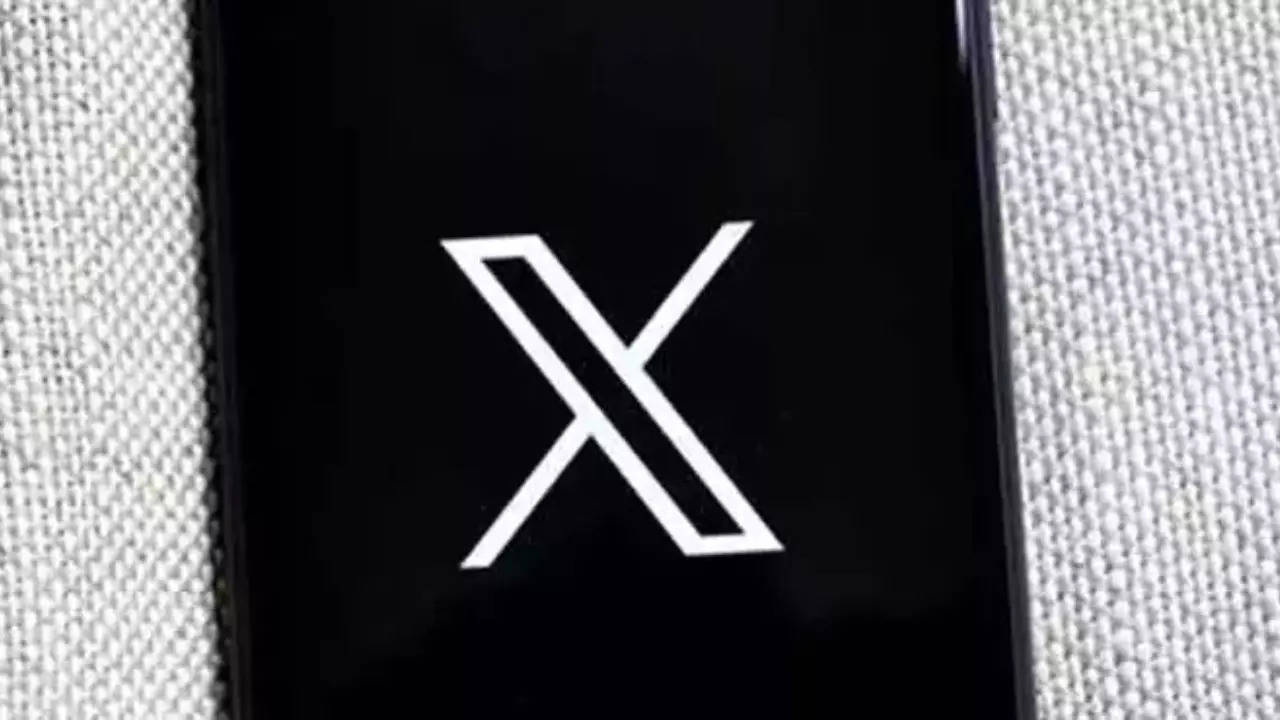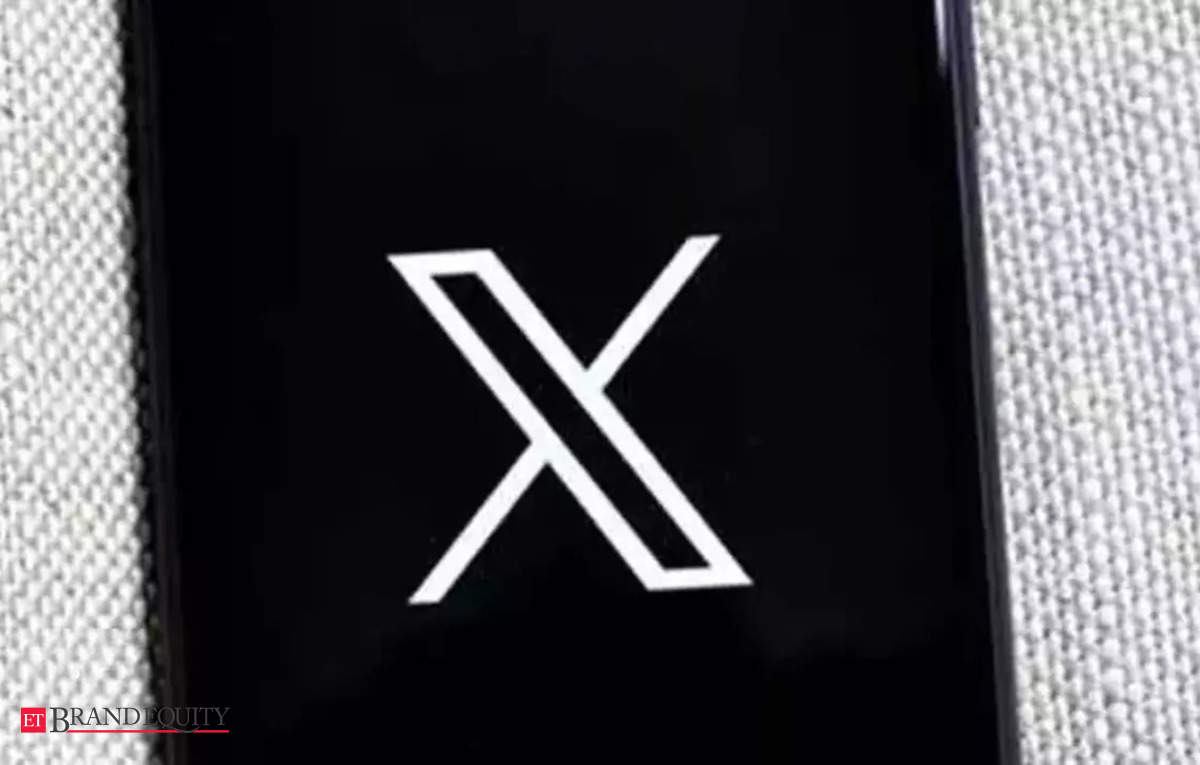[ad_1]

The government has asked social media intermediary X (formerly Twitter) to block certain accounts and posts on its platform, the company said. Failure to do so would result in “potential penalties including significant fines and imprisonment,” the company’s global government affairs team said in a post on the platform.
“In compliance with the orders, we will withhold these accounts and posts in India alone; however, we disagree with these actions and maintain that freedom of expression should extend to these posts,” the post said.
The intermediary said it had provided the users whose accounts and posts were withheld in India due to the order with a notice of the action taken by the policies of the platform.
“Due to legal restrictions, we are unable to publish the executive orders, but we believe that making them public is essential for transparency. This lack of disclosure can lead to a lack of accountability and arbitrary decision-making,” the post on X said.
The compliance by X, under protest, may trigger another round of stand-off between social media intermediaries and the government. Earlier in February 2021, the central government and Twitter (as it was then called) had engaged in war of words following takedown notices issued by the former.
Twitter had at that time refused to take down the posts and said that it disagreed with the government’s action on the accounts. On its part, government officials had then said that since the blocking and takedown request was issued under Section 69 A of the Information Technology Act, Twitter did not have the option to not comply since these were “emergency orders”.
Twitter had later, however, complied with the takedown requests after the threat of imprisonment for their senior executives and a possible ban on the platform.
Section 69 A of the IT Act grants the central government and any other competent authority “emergency power” to issue orders for the blocking and subsequent takedown of any social media account, post, video, or photo. These emergency blocking orders can be issued if such content is deemed to be detrimental to the public order, peace, sovereignty and safety of the country, security of the state, and friendly relations with other nations, among others.
[ad_2]
Source link







